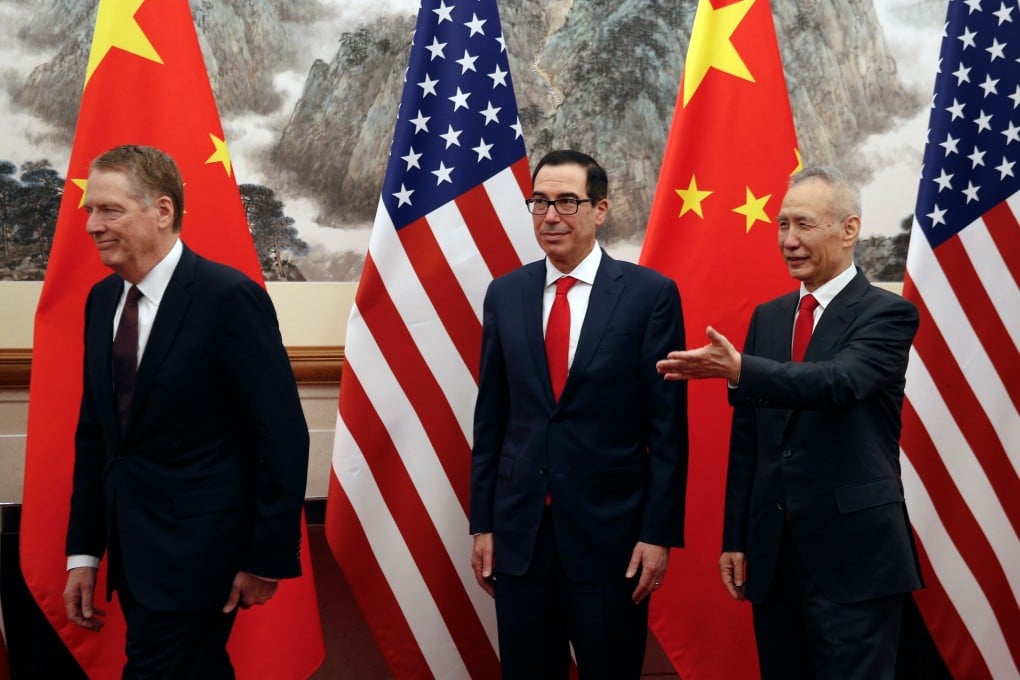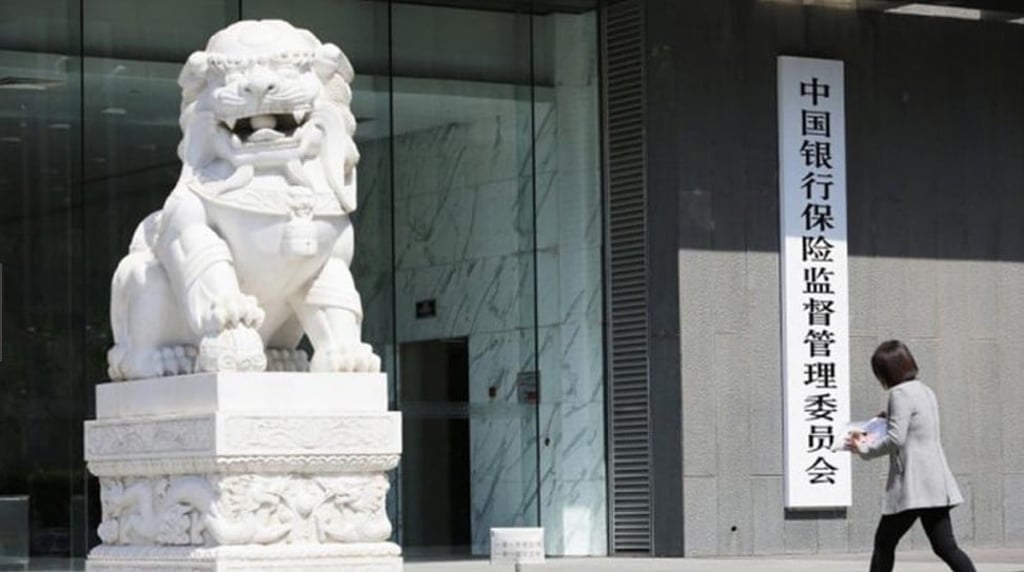As US-China deal nears, Beijing relaxes rules for foreign banks and insurers, in concession to Washington
- China announced a dozen new measures on Wednesday to further open up its US$44 trillion financial sector to foreign banks and insurers
- Analysts are viewing the move as a clear concession to US negotiators and a sign that a deal to end the trade war is imminent

China announced a dozen new measures on Wednesday to further open up its US$44 trillion financial sector to foreign banks and insurers in a clear move to comply with any deal with the United States to end the trade war.
While no details of Wednesday’s negotiations were forthcoming, Mnuchin told reporters upon leaving the meeting that they were “productive”. Hopes are high that a trade deal can be reached soon.
“We hope within the next two rounds in China and in [Washington] DC to be at the point where we can either recommend to the president we have a deal or make a recommendation that we do not,” Mnuchin said in a taped interview broadcast on Fox News on Monday morning.

The Chinese trade delegation is due to travel to Washington next week for another round of talks, which are expected to begin on Tuesday.